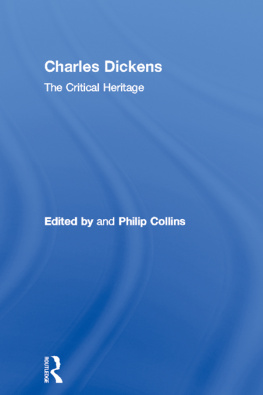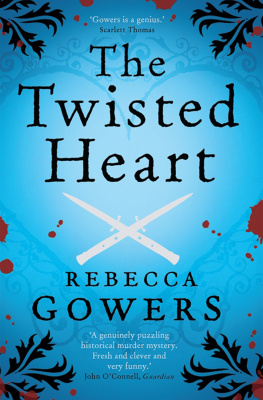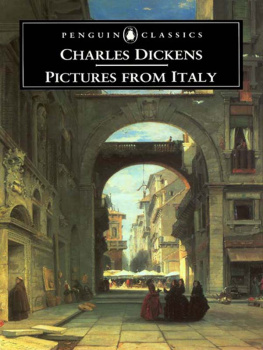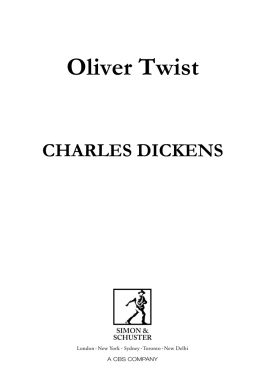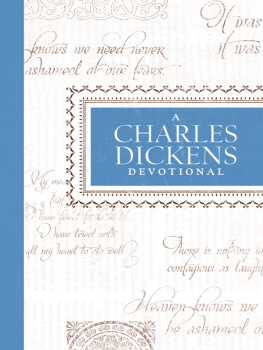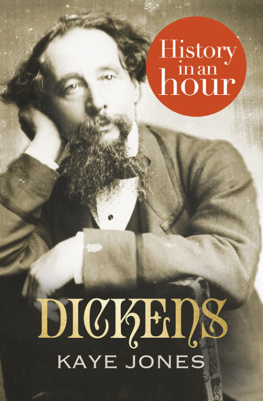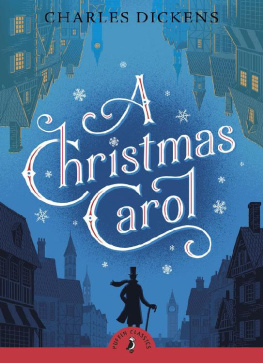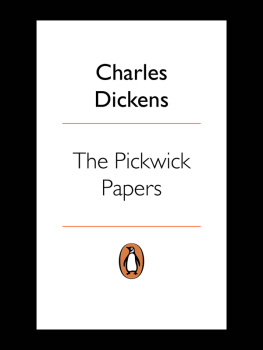Title Page
CHARLES DICKENS, A VERY PECULIAR HISTORY
With No Added Gruel
Written by
Fiona Macdonald
Created and designed by David Salariya
Publisher Information
First published in Great Britain in MMXI by Book House, an imprint of
The Salariya Book Company Ltd
25 Marlborough Place, Brighton BN1 1UB
www.salariya.com
www.book-house.co.uk
Digital edition converted and distributed in 2011 by
Andrews UK Limited
www.andrewsuk.com
Editor: Jamie Pitman
Assistant editor: Jodie Leyman
Artists: David Antram, Romano Felmang, Penko Gelev, Carolyn Scrace
The Salariya Book Company Ltd MMXI
All rights reserved. No part of this publication may be reproduced, stored in or introduced into a retrieval system or transmitted in any form, or by any means (electronic, mechanical, photocopying, recording or otherwise) without the written permission of the publisher. Any person who does any unauthorised act in relation to this publication may be liable to criminal prosecution and civil claims for damages.
Every effort has been made to trace copyright holders. The Salariya Book Company apologises for any omissions and would be pleased, in such cases, to add an acknowledgement in future editions.
Visit our website at
www.book-house.co.uk
or go to
www.salariya.com
for free electronic versions of:
You Wouldnt Want to be an Egyptian Mummy!
You Wouldnt Want to be a Roman Gladiator!
You Wouldnt Want to Join Shackletons Polar Expedition!
You Wouldnt Want to Sail on a 19th-Century Whaling Ship!
Dedication
In memory of Angus a Dickensian character if ever there was one. RIP, good friend.
FMacD
Quotes

Whatever the word great means, Dickens was what it means.
G. K. Chesterton, British writer, 1906
Little Dorrit is a more seditious book than Das Kapital.
George Bernard Shaw, Irish writer, 1937

Putting Dickens on the Map
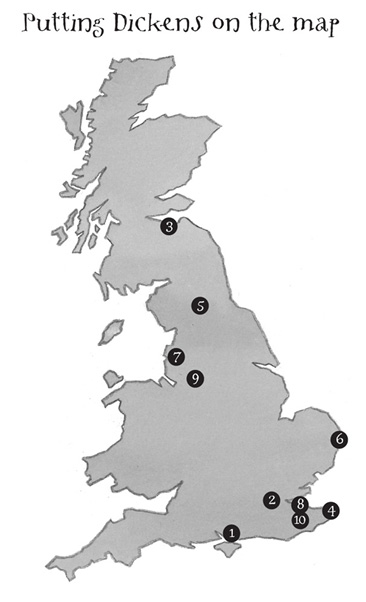
Charles Dickens is born in Portsmouth, Hampshire on 7 February 1812.
Dickenss family moves to London in 1822 when his father is transferred there.
Dickens marries Catherine Hogarth, who was born in Edinburgh in 1836. He is awarded the freedom of the city a great honour in 1841.
The whole Dickens family takes the first of many jolly summer holidays in Broadstairs, Kent, in 1837.
Dickens visits schools in north-east England in 1838. He is outraged by bad conditions especially at Bowes Hall, County Durham and features them in his next novel, Nicholas Nickleby .
Dickenss trip to Yarmouth , on the windswept Norfolk coast, in 1849, inspires many scenes in his semi-autobiographical novel David Copperfield .
Coketown, the industrial milltown in Hard Times , published in 1854, is partially based on 19th-century Preston, Lancashire.
In 1856, Dickens purchases Gads Hill Place in Higham, Kent.
In Manchester , Dickens performs in a play opposite actress Ellen (Nelly) Ternan, and falls in love with her, 1857.
Dickens and Nelly narrowly escape death in a railway accident at Staplehurst in 1865.
Introduction
Why the Dickens?
Dickens was never modest. And why should he have been? Although born in obscure and relatively humble circumstances, he became far and away the most successful author of his age. By the time he died, relatively young (58), in 1870, he had become one of the two best-known writers in the English language ever. The other was, of course, Shakespeare by Dickenss time already enthroned as the English literary hero.
However, as Dickens knew very well, his own works were read, enjoyed and understood by many more people than Shakespeares. (The same is still true today. A survey in 2011 named Dickens as Britains favourite author. Peculiarly, it was conducted for a company selling spirits, although Dickens himself complained (in Bleak House) that Gin-drinking is the great vice of England.) His readers came from all social backgrounds, and from all around the world.
A national treasure
And, while Shakespeares works were admired, Dickenss were loved and treasured. As he himself declared, he aimed to become, through cheap, mass-produced editions of his books, a permanent inmate of many English homes. And he succeeded. Although few families still have neat, matching sets of Dickenss novels on their shelves, almost everyone will have seen a version of at least one of his works at the cinema or on TV. All of Dickenss novels, even the last, unfinished, The Mystery of Edwin Drood, have been filmed at least once; many of them several times. The most popular is Oliver Twist.
Dickenss works have also inspired stage plays, musicals, most famously Oliver!, comic books and even a theme park (Dickens World, at Chatham, Kent once described in The Guardian newspaper as Disney gone to the dark side, and boasting a childrens soft-play area called yes, really Fagins Den). Dickenss works have even been accused (if that is the right word) of inventing Christmas.

Happy Christmas?
Almost overnight, Dickenss short story A Christmas Carol , written in 1843 specially to cash in on publishers peak sales season just before the annual Christmas holiday, created a powerful new tradition. In many ways, it is still followed today. The Dickensian Christmas became a season of exuberant, often excessive, consumption, as well as a time for sentiment, family reunion and once-a-year private charity. None of these, critics said, made adequate recompense for the exploitation of workers by employers, or the many other forms of social injustice that operated for the rest of the year in Victorian England.

Dickens had an amazing facility with words. At the peak of his powers he was writing at least two novels at once, together with many other shorter pieces. He also delighted in wordplay (think Sam Weller in The Pickwick Papers ), in idiosyncratic ways of talking (from the gnomic Barkis is willin, to the downright sinister my dears of Fagin), and in inventing extraordinary names for his characters. Many of these have found an enduring place in the English lexicon almost all of us know what is meant by an artful dodger or a scrooge. And we know exactly what a man named Gradgrind will be like.
Many of Dickenss phrases from not to put too fine a point on it to accidents will happen have also entered the international English-speaking consciousness. Even single words, used by Dickens, can have a powerful resonance. Try this test with your friends: if you shout out More!? in a tone of outrage mingled with surprise, what image comes into their minds?
A critical reception
It is only fair to add that, since Dickens died, his works have also attracted perhaps more than their fair share of parody or even ridicule. Today, BBC Radios surreal Bleak Expectations attracts a devoted cult following, though few modern comments are perhaps so cruel as Oscar Wildes clever put-down: One would have to have a heart of stone to read the death of Little Nell without laughing. But times change. When The Old Curiosity Shop (of which Nell is, of course, the tragic heroine) was reaching its conclusion, in 1841, over 6,000 people crowded onto the dockside in New York, desperate to read the final instalment. They shouted out to the sailors: Does Little Nell die?
Next page

